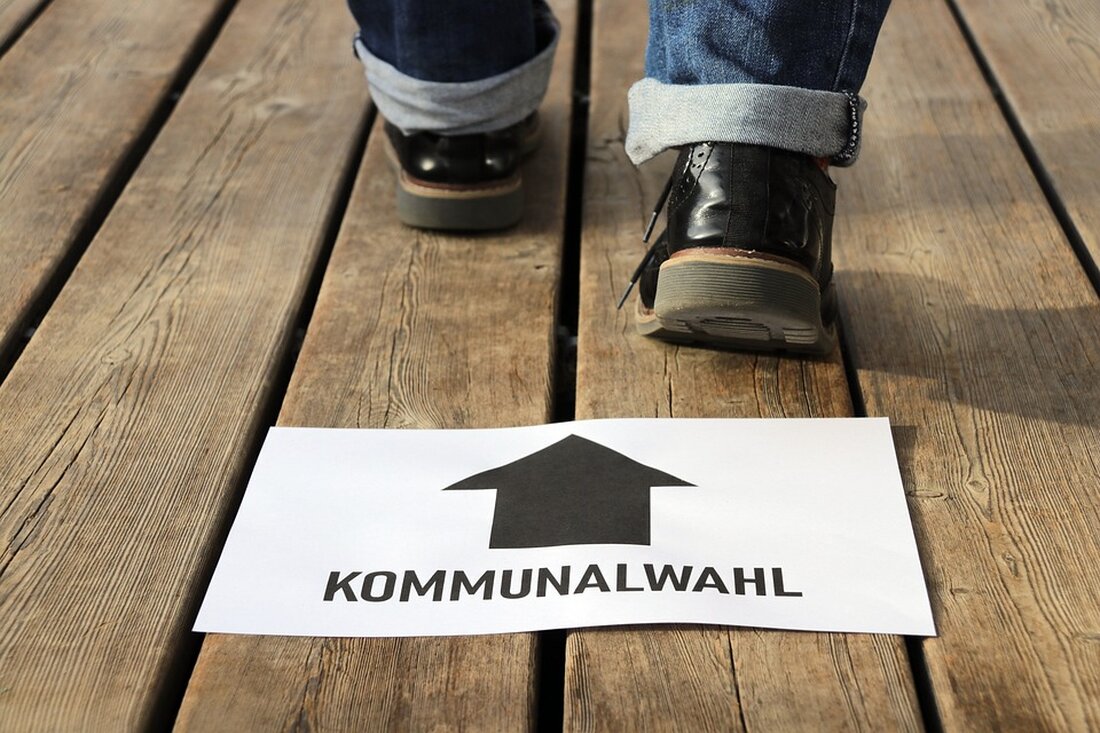Women in local politics: First Lady Elke Büdenbender about their concerns and the digital future

Women in local politics: First Lady Elke Büdenbender about their concerns and the digital future
Women in local politics: First Lady demands more mayors
The First Lady Germany, Elke Büdenbender, emphasized in an interview with the magazine "Image of Women" how important it is to promote women in local politics more. Büdenbende commented on the lack of mayors in German cities and municipalities and demanded a change in this situation.
Furthermore, Büdenbender emphasized the importance of digital education for children. In their opinion, schools should play an active role in making children fit for the digital future. However, she also appealed to the parents to monitor the media consumption of her children.
Elke Büdenbender, who continues to work as a judge at the administrative court in Berlin in the second term of office as Federal President Frank-Walter Steinmeier, sees her work as a part-time judge as a way to distract herself from the stressful topics in the world. She emphasized that in her work she strictly decisions according to applicable law and act without emotions.
In her free time, she prefers to relax while reading or joint activities with her husband, such as watching films or meeting friends. For them, such moments of being together are a welcome change.
The statements of Elke Büdenbender are an appeal to social and political responsibility to promote women in all areas of public life. In local politics in particular, women should be given a voice and they should have the chance to become mayors. Due to a greater presence of women in politics, more diverse and balanced decision -making and design can be made.
In order to support these claims, it is worth taking a look at the current figures. In the city of Berlin there are currently only 5 female mayors of a total of 12 districts. This corresponds to a proportion of women of around 42%. In comparison, about 60% of the Berlin population are female. This discrepancy illustrates that a lot of work is still necessary to achieve a more balanced representation of women in local politics.
Table: Mayor in Berlin Districts
| District | Number of mayors |
| —————— | ———————- |
| Charlottenburg | 0 |
| Friedrichshain | 1 |
| Kreuzberg | 2 |
| Middle | 1 |
| Neukölln | 0 |
| Pankow | 1 |
| Reinickendorf | 0 |
| Spandau | 0 |
| Steglitz-Zehlendorf | 0 |
| Tempelhof-Schöneberg | 0 |
| Treptow-Köpenick | 0 |
| Lichtenberg | 0 |
These figures clearly show that there is an increased need to bring women to management positions in particular in some districts such as Charlottenburg, Neukölln and Spandau.
The demands of Elke Büdenbender for a stronger presence of women in local politics and promoting digital education for children are therefore also of great importance at the local level. Politicians and schools are responsible for creating opportunities so that women can develop their leadership qualities in local politics and children are optimally prepared for the digital future. This is the only way to create a more diverse and fairer society.
Source: image of the woman/ots
